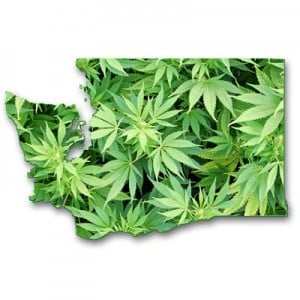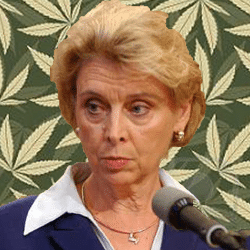 Beginning Friday, medical marijuana dispensaries will be illegal to operate in Washington State. Dispensary owners won’t be closing, instead, many of them will be turning their organizations into “collective gardens.”
Beginning Friday, medical marijuana dispensaries will be illegal to operate in Washington State. Dispensary owners won’t be closing, instead, many of them will be turning their organizations into “collective gardens.”
Under the law signed by Governor Christine Gregoire last month, only patients and designated providers can produce cannabis under the new collective garden policy.
Nebula Dispensary owner Dustin Guse says this new law won’t close his business it will simply change it.
“We’re gonna have a collective garden and produce all our own dry medicine and treats for our patients,” said Guse.
ACLU attorney Alison Holcomb says while the new law was meant to add clarity for dispensary owners and patients, it lacks on one front.
“I think it’s a good step in the right direction I still think it falls short on the regulatory side of things,” she said.
Holcomb’s leading the organization of a new initiative that would legalize marijuana for recreational use in the state. Holcomb said Gregoire’s veto added extra urgency to the idea.
The uncertainty comes after lawmakers worked for months on a plan that would help clear up the state’s medical marijuana laws. The Legislature approved a plan that would have created a system to regulate medical marijuana dispensaries.
 But Gregoire, citing fears that state workers could face federal prosecution for participating in the licensing scheme, vetoed much of it.
But Gregoire, citing fears that state workers could face federal prosecution for participating in the licensing scheme, vetoed much of it.
The remaining parts of the law allow collective marijuana grows with up to 45 plants, serving up to 10 patients. But some have noted that the law is unclear how many collective gardens can be located on a single tax parcel or whether the 10-patient rule can be stretched by having patients only participate in the gardens for brief periods of time
The new law also requires doctors have an established relationship with a patient before writing an authorization, although it’s still not clear what exactly that means.
The City of Seattle recently passed an ordinance requiring medical marijuana operations have business licenses.







